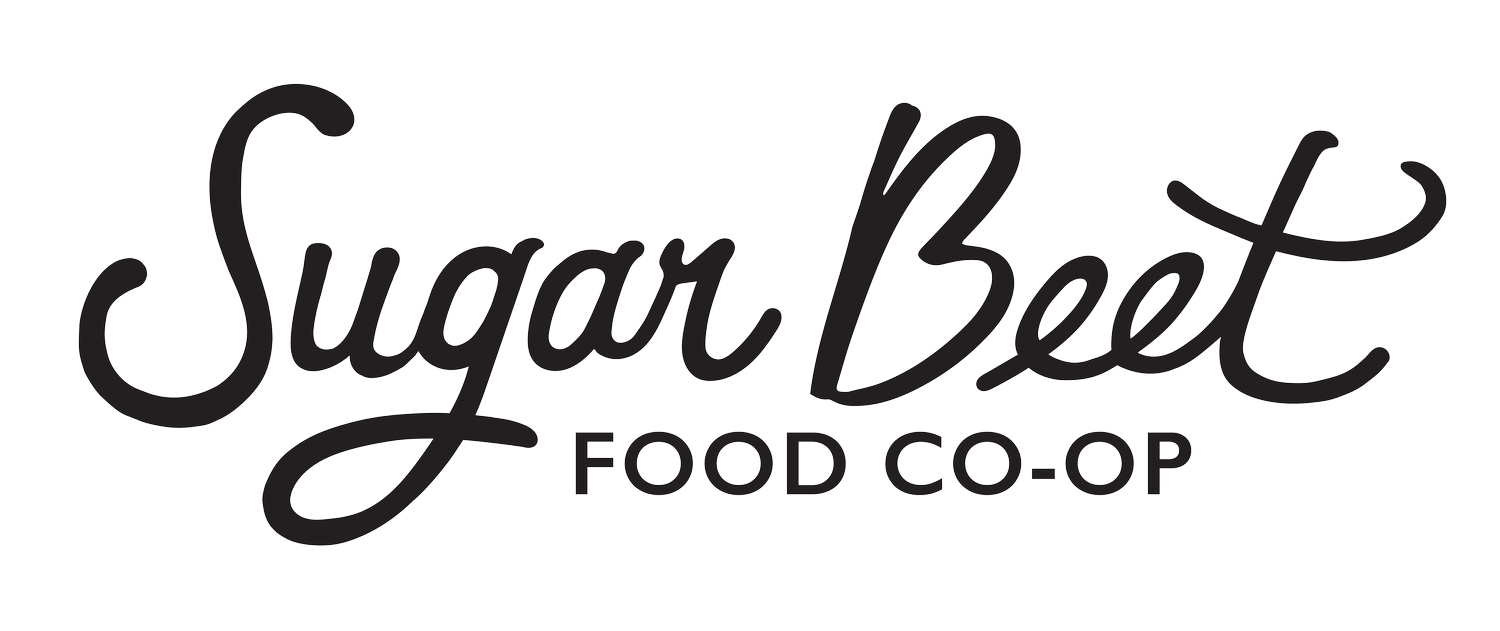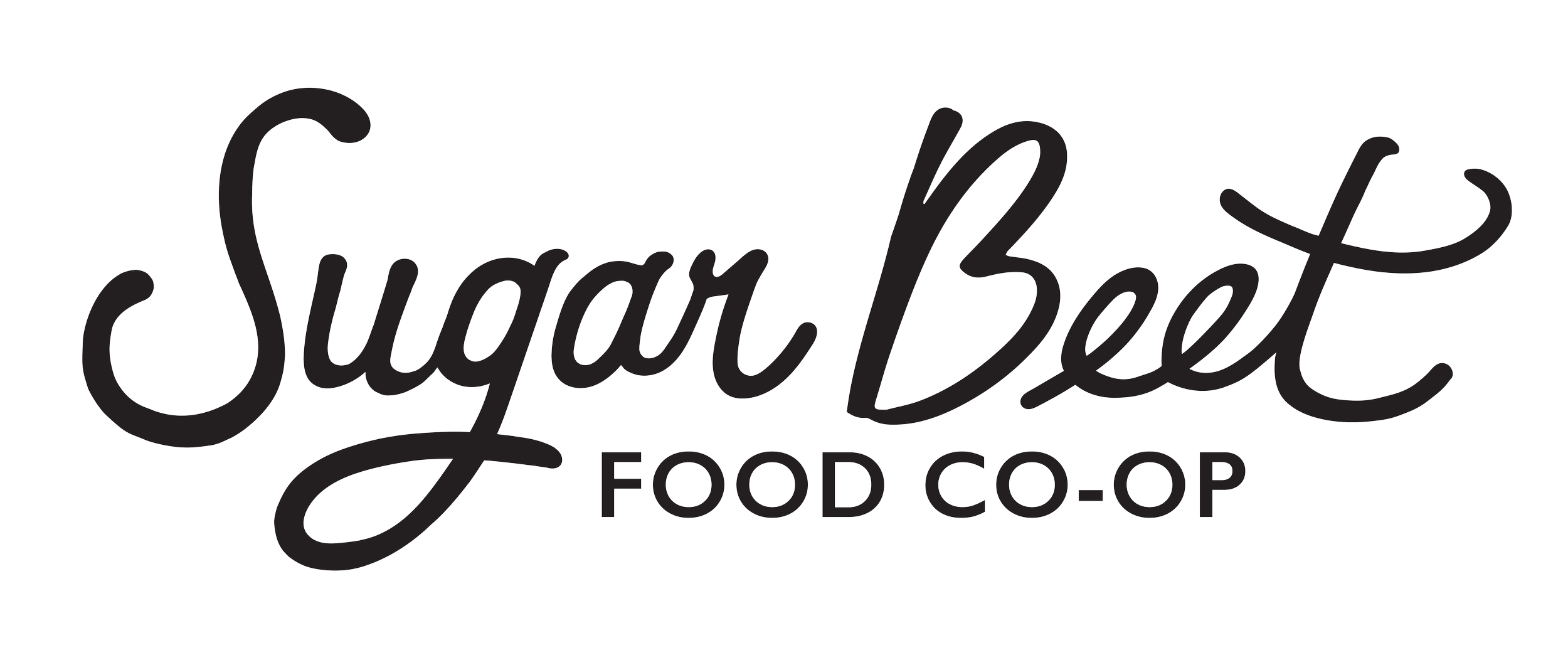Sugar Beet Co-op: Making urban agriculture real in Oak Park
/April 24th, 2013
By Deb Quantock McCarey
Original article here
Fifteen months after Cheryl Muñoz, 36, and Jenny Jocks Stelzer, 37, broadcast the first seeds of their idea across Oak Park, it seems that the Sugar Beet Cooperative has germinated and is taking root.
In April, about 100 food-loving locals attended the first official member meeting. Each participant had paid a one-time co-op membership fee of $250 per family, which can be paid in installments and is refundable if for some reason the group dissolves, Muñoz says.
"Purchasing a membership in our co-op is buying a share in our future grocery business," she says. "We are not spending that money. Rather, we are building equity to show banks that we are real."
She adds that members will also receive dividends, discounts on groceries, and discounts on event tickets.
Further proof of progress, perhaps, is that Sugar Beet recently filed documentation to secure nonprofit status, and has affiliated itself with a Chicago-based fiscal agent that facilitates the processing of tax-deductible donations. In addition, Sugar Beet was awarded a grant that will fund a feasibility study designed to help it broaden its board of directors, as well as do more educational programming, including farm tours, and a plethora of other community outreach efforts.
For example, besides the agrarian education they currently provide to schools, groups and individuals in Oak Park, Muñoz points out that they are also involved with a sustainable community garden with St. Joseph Services in the Austin neighborhood to teach more people about seed-to-plate gardening.
So now, the group is involved in these sustainability issues in Oak Park and on the West Side, she says.
Their aim is to lay the foundation for building a new community-managed grocery store in Oak Park by next summer. Muñoz describes the brick and mortar venture as a year-round farmers' market, of sorts, that will sell food directly from local farms and producers, provide community outreach and education about the importance of supporting farmers and the local economy, and include a commercial kitchen where people can take classes on cooking, preserving, and gather to talk and eat food together.
"We are building a community around urban agriculture. The idea is that we will all garden together, help each other do it, and in doing that, transform this community by sharing our produce and what we have learned from each other, with everyone else." Cheryl Muñoz, Co-founder of the Sugar Beet Cooperative


